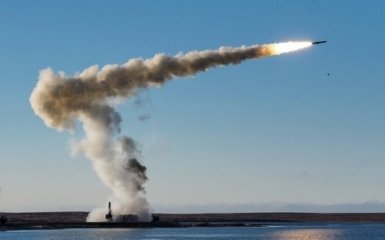Russian occupiers may resume massive attacks on Ukrainian energy infrastructure in the near future. This will probably happen with the beginning of the heating season.
Points of attention
- Russia may launch massive attacks on Ukrainian energy in the near future.
- There is a possibility of shelling of Ukrainian nuclear facilities by Russia.
- The Ukrainian energy industry implements innovative solutions to ensure security in wartime conditions.
- The enemy's efforts to destroy the economy of Ukraine are not achieving the desired goals.
- International organizations and countries work together to improve nuclear safety in Ukraine.
Russia may again attack the Ukrainian energy industry
As the Secretary of the National Security and Defense Council Oleksandr Lytvynenko said at the opening of the "Energy in Industry-2024" exhibition, such strikes can be expected.
It is possible to predict massive Russian strikes on the energy industry with the beginning of the heating season, — Litvinenko noted.
He also emphasized that the Ukrainian energy industry during the war demonstrated the ability to implement innovative solutions, and the enemy's attempts to destroy the economy of Ukraine do not achieve their goals.
The Russian Federation may be preparing to strike Ukraine's nuclear facilities
Russia uses Chinese satellites to photograph Ukrainian nuclear power plants. Head of State Volodymyr Zelenskyi suggests that the Russian Federation may be preparing to strike nuclear facilities in Ukraine.
The Ukrainian leader emphasized that he intends to share these new data with the leaders of the countries during the UN General Assembly in the next few days.
As mentioned earlier, at the beginning of September Volodymyr Zelenskyy held a meeting with the Director General of the International Atomic Energy Agency (IAEA) Rafael Grossi.
The parties discussed the strengthening of nuclear security in Ukraine, in particular in the context of the inadmissibility of attacks on Ukrainian nuclear power plants and other energy facilities.
They also concluded that stable external power is critical to the safety of nuclear power plants.








